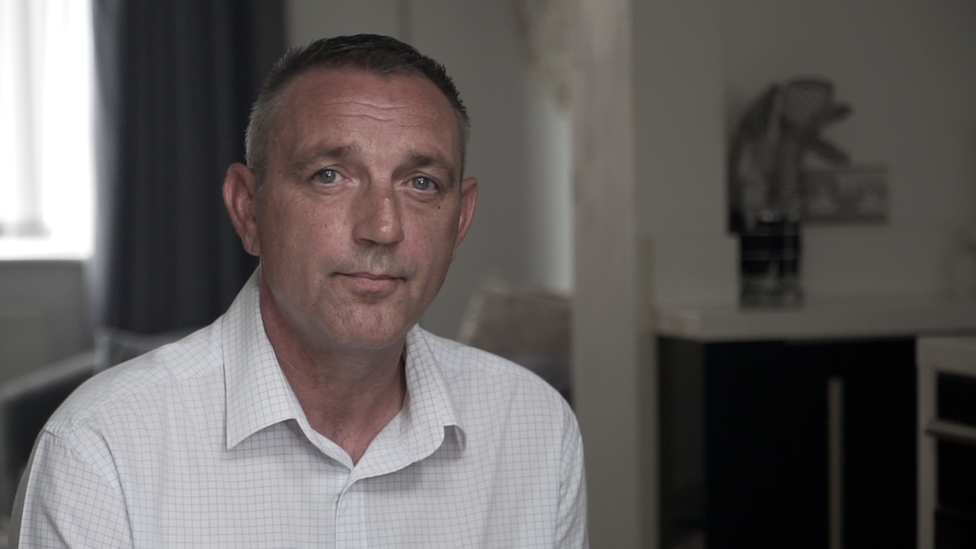Record alcohol deaths from pandemic drinking
- Published
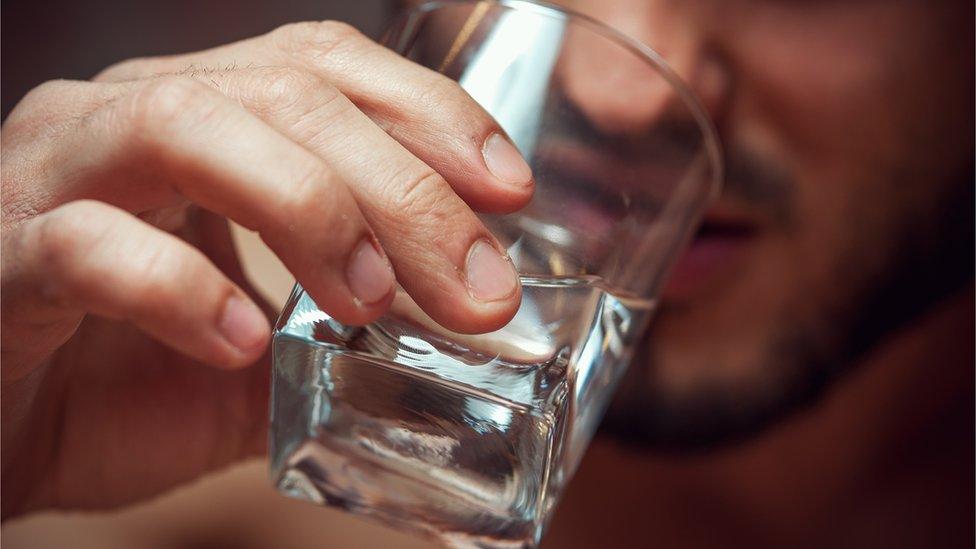
A record number of people died from alcohol last year, which is likely to be the result of increased drinking during the pandemic, according to the Office for National Statistics.
There were 9,641 deaths in the UK in 2021, compared to 7,565 in 2019 - a 27% increase.
The ONS says people who were already big drinkers before the pandemic drank more during the Covid years.
Charity Drinkaware said the numbers were "devastating" and "unacceptable".
The 2021 figures are alcohol-specific deaths,, external which are defined as a direct consequence of alcohol. Most are from alcoholic liver disease.
They account for around a third of all deaths linked to alcohol.
In 2021, UK rates of alcohol-specific deaths per 100,000 people were highest in Scotland and lowest in England:
22.4 in Scotland
19.3 in Northern Ireland
15 in Wales
13.9 in England
"Research has suggested that people who were already drinking at higher levels before the pandemic were the most likely to have increased their alcohol consumption during this period," says James Tucker, from the Office for National Statistics.
As with previous years, men were twice as likely as women to die from alcohol.
In the seven years running up to 2019, rates of alcohol-specific deaths in the UK had remained pretty stable, before going up in 2020 and 2021.
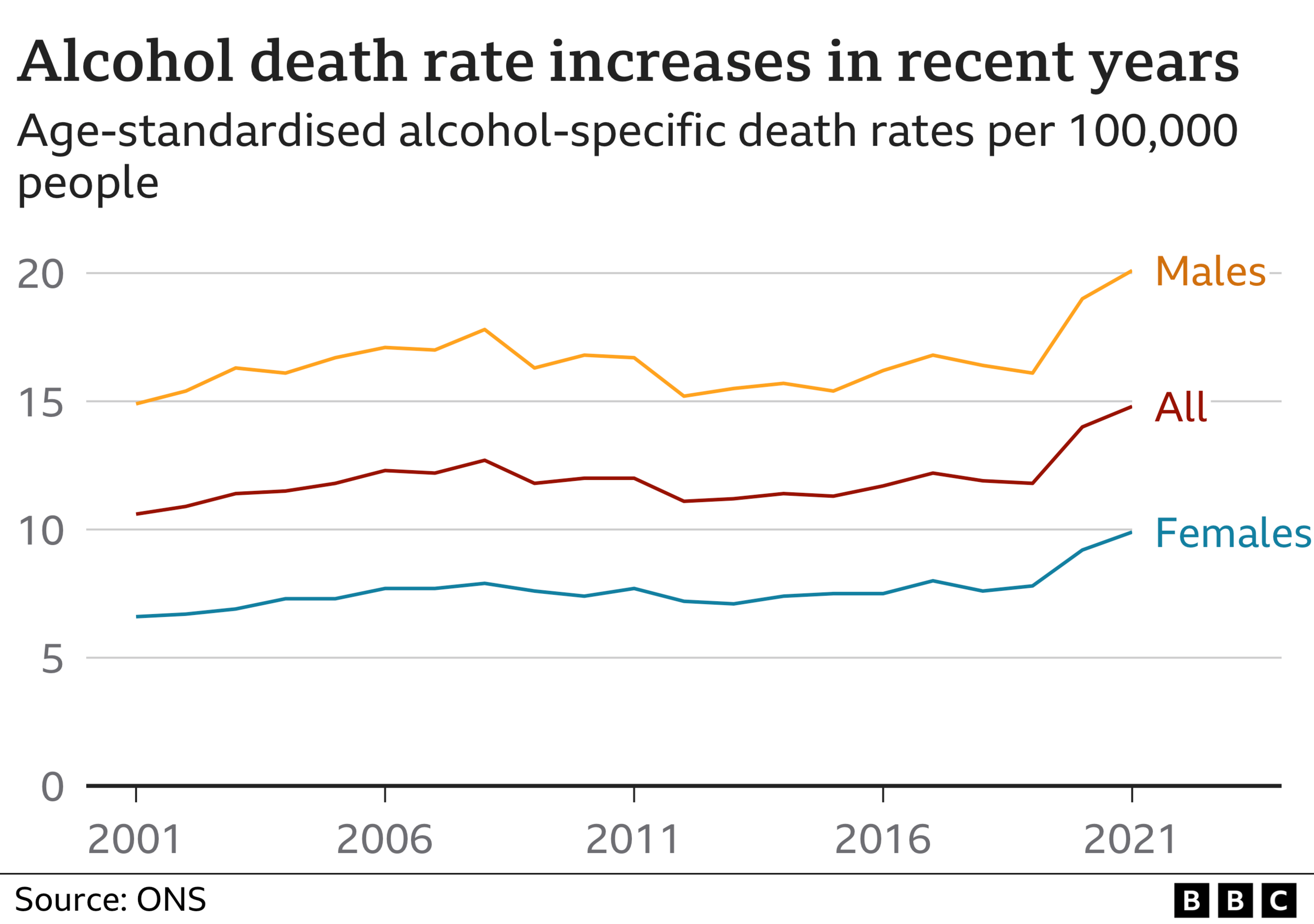
"These statistics are absolutely devastating, each number masking an individual family tragedy," says Karen Tyrell, from Drinkaware.
"It is unacceptable that in one of the richest countries in the world, the rate of alcohol-related deaths was four times higher among men in the poorest areas compared to the most affluent."
She said warning signs of the heaviest drinkers drinking more during the pandemic were missed, because people were less able to access support.
Drinkaware is now calling for a new co-ordinated UK-wide alcohol strategy to reduce the damage from alcohol to society and public services.
An increase in alcohol duty (or tax) in the price paid for alcohol is seen as one way of reducing harm to drinkers, by discouraging the production and sale of cheap, high-strength alcohol.
Dr Katherine Severi, chief executive of the Institute of Alcohol Studies, said: "Despite opposition from commercial interests, we can't afford to delay or dilute policies that help save lives."
The UK government, external says it is committed to simplifying the current system for alcohol duty, calling it complicated and outdated. This is likely to happen in 2023.
Related topics
- Published25 November 2021
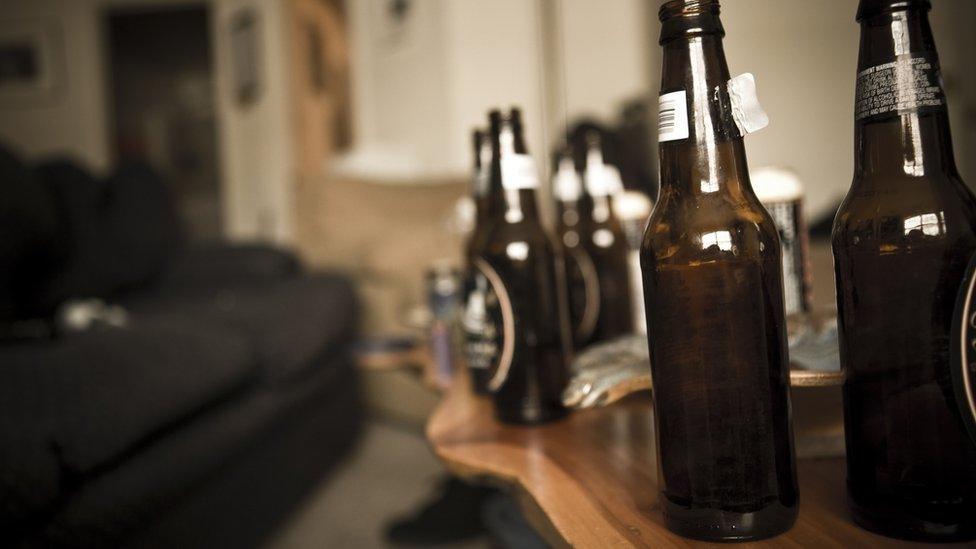
- Published6 May 2021
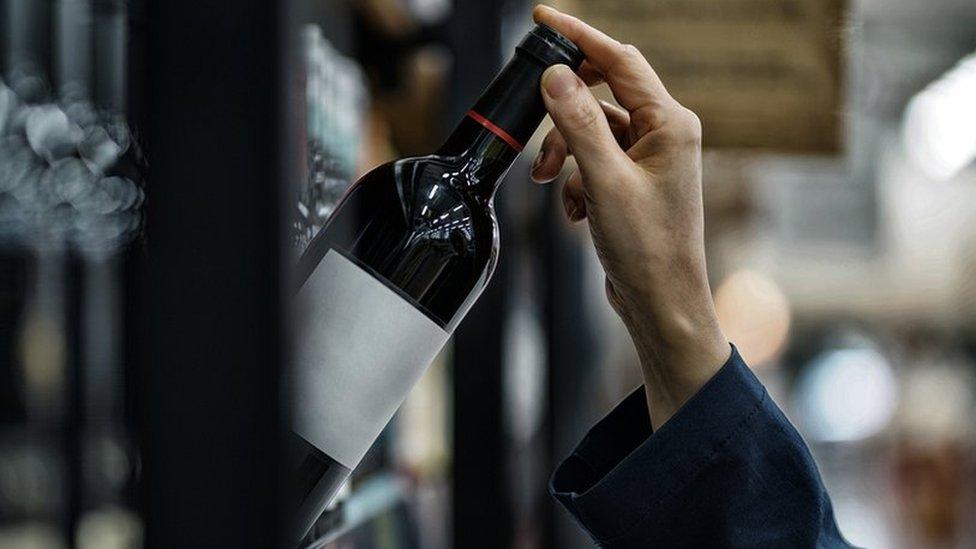
- Published23 August 2020
